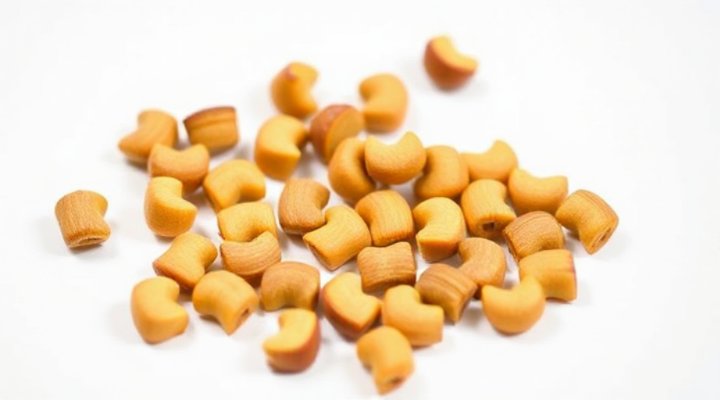Small breed dogs may be tiny in size, but their nutritional needs are mighty important. That’s where Royal Canin for small breeds comes in – a specially formulated diet designed to meet the unique requirements of your petite pup. But what makes small dogs so different when it comes to nutrition? Let’s dig in!

Why Small Breeds Need Special Nutrition
Small dogs, typically weighing under 22 pounds, have faster metabolisms than their larger counterparts. This means they burn energy quicker and require more calories per pound of body weight. Additionally, their tiny jaws need appropriately sized kibble, and their sensitive digestive systems benefit from highly digestible proteins.
Royal Canin’s small breed formulas address all these needs with:
- Small, easy-to-chew kibble
- High-quality proteins
- Enhanced digestibility
- Optimal calorie density
For more on caring for small dogs, check out our guide on best dog breeds for first-time owners.

The Science Behind Royal Canin for Small Breeds
Royal Canin doesn’t just make small kibble – they engineer complete nutrition based on extensive research. Their formulas contain:
| Nutrient | Benefit |
|---|---|
| EPA/DHA | Supports skin and coat health |
| Prebiotics | Promotes digestive health |
| Antioxidants | Supports immune system |
According to the American Veterinary Medical Association, breed-specific nutrition can play a significant role in a dog’s overall health.
My Personal Experience With Royal Canin
When I adopted my 8-pound Maltese mix, Bella, she had digestive issues and a dull coat. After switching to Royal Canin for small breeds, I noticed improvements within weeks – more energy, better digestion, and a shinier coat. It’s been three years now, and she’s thriving!

Choosing the Right Royal Canin Formula
Royal Canin offers several small breed options:
- Small Adult: For dogs 10 months to 8 years
- Small Aging: For senior small dogs
- Small Puppy: For growing small breeds
Remember, transitioning food should be gradual over 7-10 days to avoid digestive upset. For training tips with your small breed, see our article on easy tricks to teach dogs.
Common Questions About Royal Canin for Small Breeds
Is it worth the price?
While premium priced, the specialized formulation means your small dog may eat less quantity while getting better nutrition, potentially balancing the cost.
How does it compare to other brands?
Royal Canin’s breed-specific research sets it apart. The FDA notes that quality ingredients and proper formulation are crucial for pet food safety and nutrition.
Final Thoughts
For small breed owners, Royal Canin for small breeds offers peace of mind that your tiny companion is getting nutrition tailored to their unique needs. From appropriate kibble size to enhanced digestibility, it’s a smart choice for petite pups.
Want to learn more about small dog care? Check out our article on dog socialization tips to help your small breed thrive.
Related Keywords: royal canin small breed review, best food for small dogs, small breed nutritional needs, royal canin vs other brands, feeding small breed puppies

